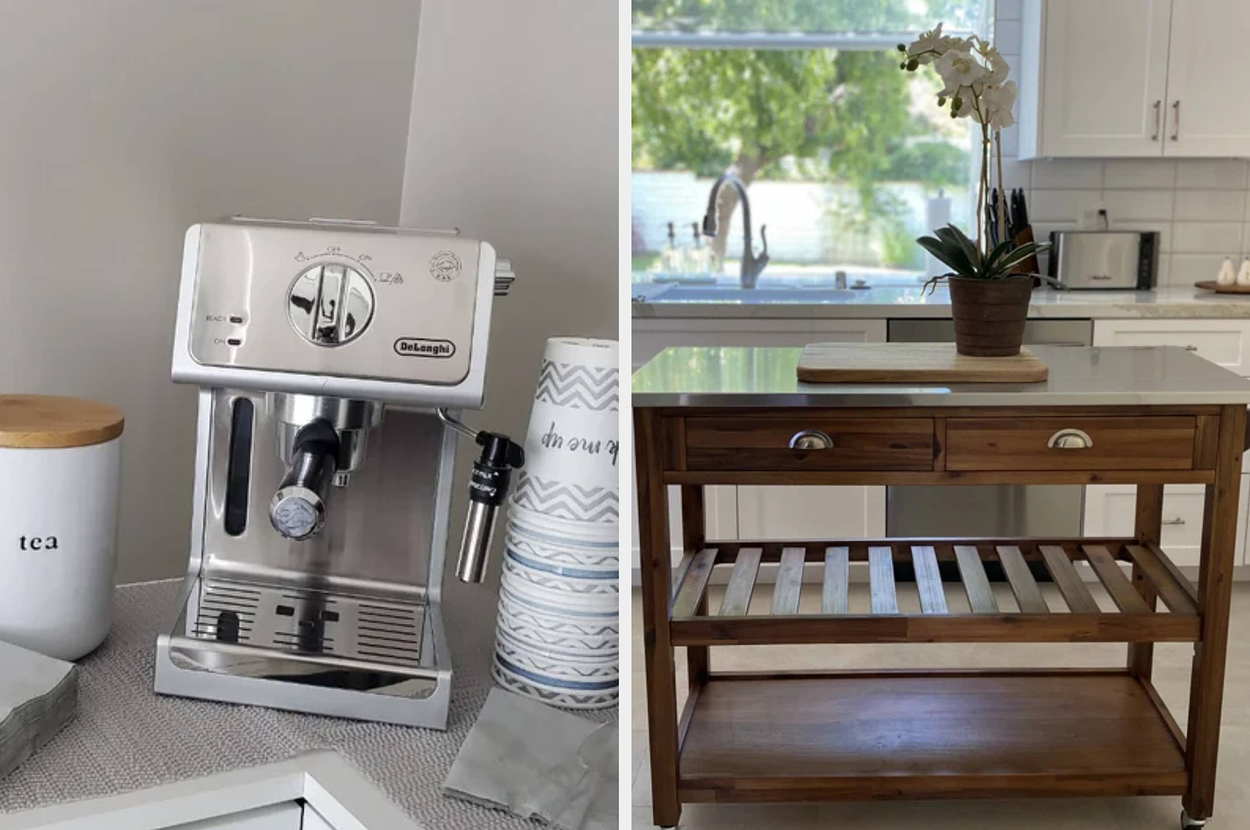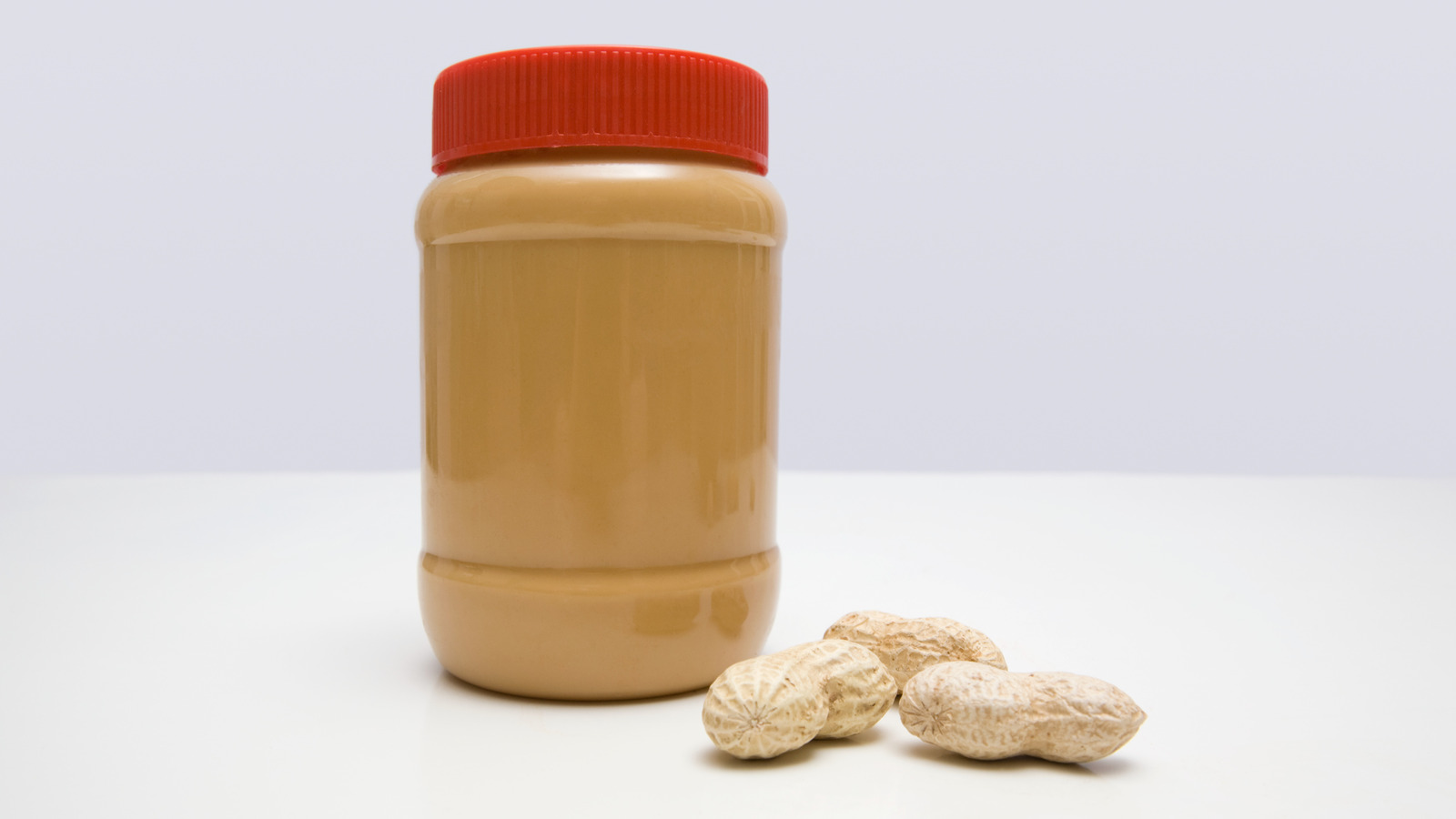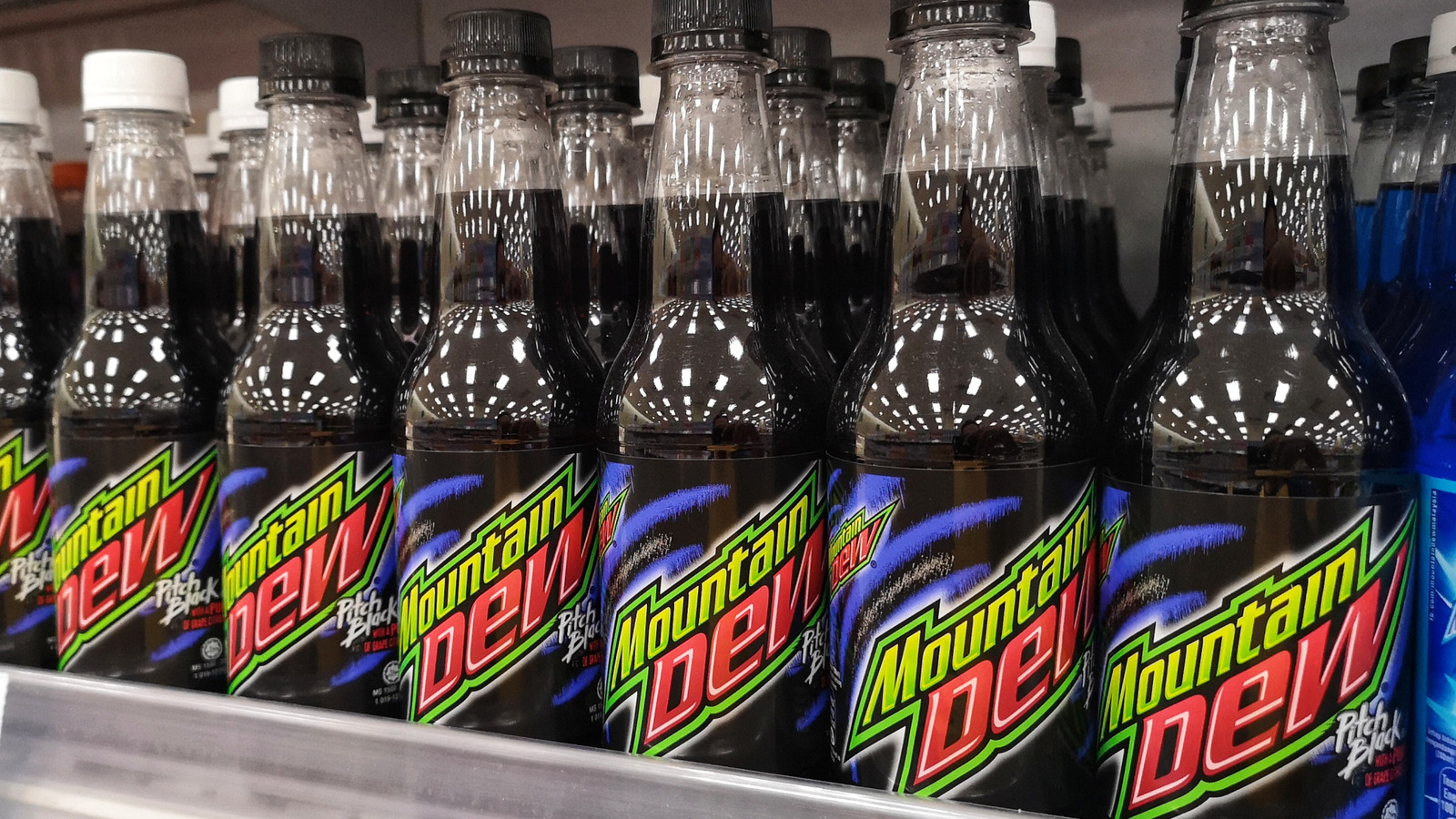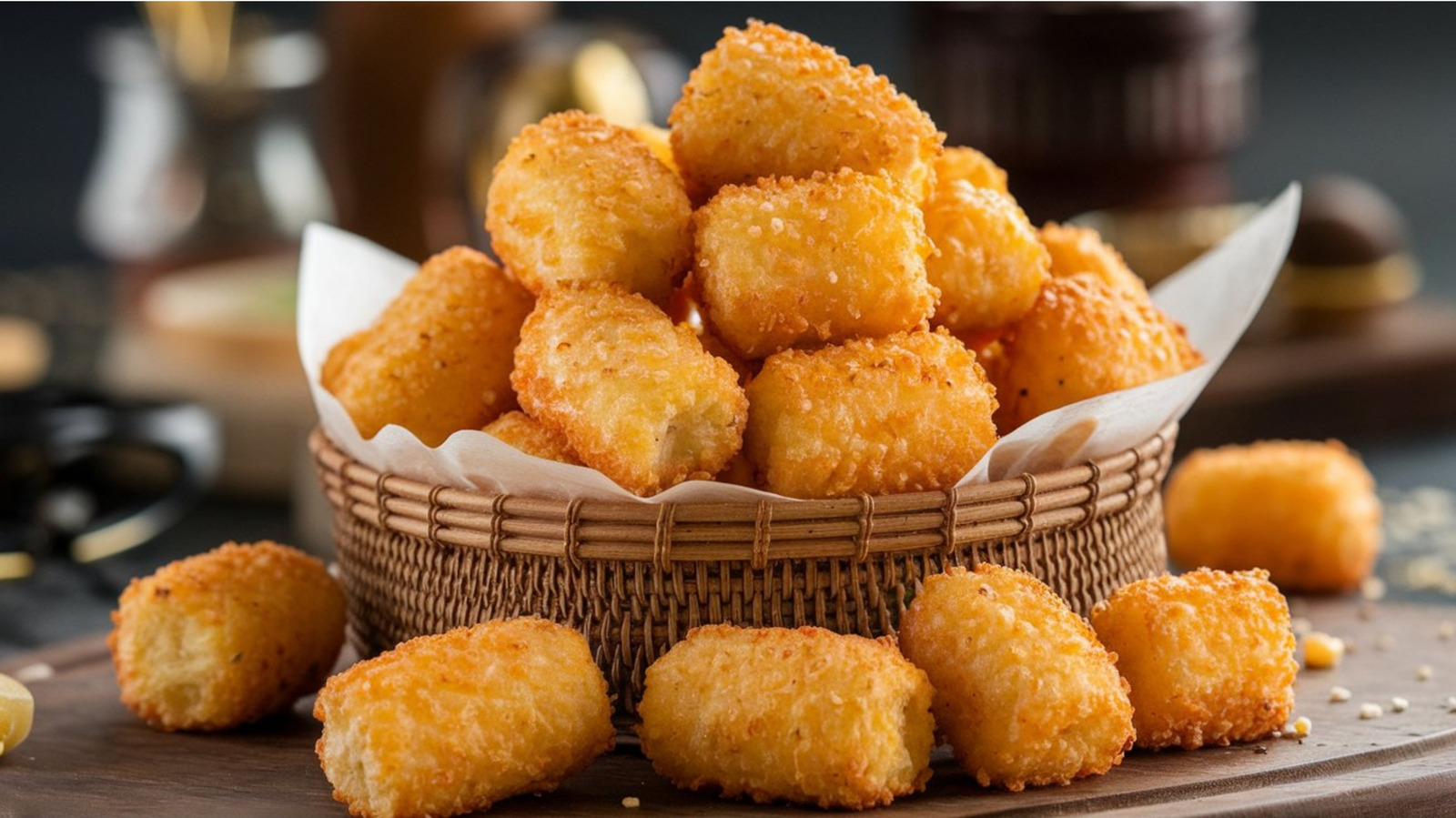
How do show judges decide if a wine is worth a gold, silver or bronze medal? Isn’t wine subjective? — J.B., Stanmore, NSW Yes and no.
All aesthetic preferences are subjective judgments, but there are certain criteria when it comes to quality that trained and experienced wine-tasters tend to agree on. It surprises outsiders that six people on a wine-show judging panel can find any agreement, but they do. That said, the final result is a group decision and follows much discussion.
The formal requirements of a medal-winning wine are intensity of bouquet and flavour, trueness to grape variety, age and region (if it’s known); balance/harmony, persistence of palate flavour, freshness and general appeal. A lot of wines in a competition like the Sydney Royal Wine Show will tick most of these boxes, but what makes the difference between, say, a silver medal (90-94 points) and a gold (95-plus)? It comes down to minutiae, such as textural refinement, complexity of bouquet and flavour and completeness. Finally, what rises to the top can come down to factors that can be perceived as subjective, and here we enter the arcane world of “character”.
Words such as “funk” are likely to be heard in these discussions: does this chardonnay have too much sulphide (this used to be considered a fault, but now a small amount is believed to enhance complexity)? Or is this pinot noir too “bunchy”? Fermenting whole bunches can give rise to eccentric characters that some tasters will see as adding interest, while others will perceive as a flaw. The same with oak, the obvious use of which was once fashionable but now is not. Lengthy arguments can ensue over where the limits lie.
Show judges evaluate wine along formal parameters, but it’s not as soulless a pursuit as some assume. Judges are also drinkers, and they tend to award wines they think they’d like to drink themselves. Another question we often hear is, do trained wine-tasters know what the public would like to drink or are they completely out of touch? Indeed, is public taste relevant at all? There’s only one way to answer that question: buy some medal-encrusted bottles and try them yourself.
Got a drinks question for Huon Hooke? [email protected] Expand your drinking horizons with these wines from surprising locations.














